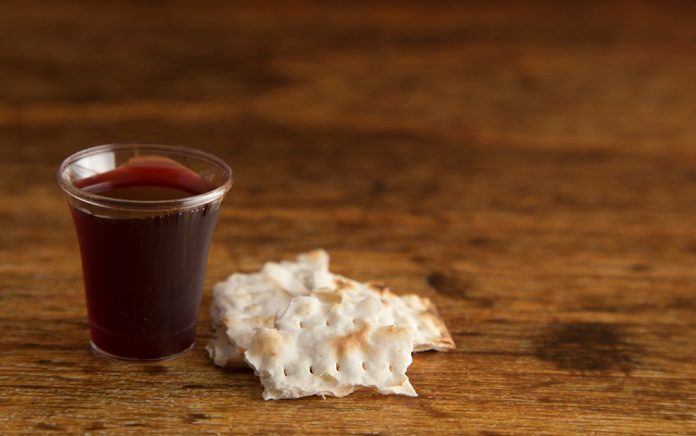Perhaps more than ever, many people today are confused over the meaning and purpose of the human body. They think our bodies are just like all other physical matter—meaningless “stuff” onto which we as individuals can project our own preferred meaning. Therefore, our bodies aren’t central to who we really are, and so we can use them in whatever ways we deem most satisfying.
Sadly, many Christians have been influenced, to some extent, by this line of thinking. Matter does not matter, and our bodies are less important than our souls. What really counts is the spiritual. After all, God is Spirit (John 4:24), and the apostle Paul distinguishes between the “natural” and the “spiritual” (1 Cor. 2:14–15). However, just because God is Spirit does not mean that physical reality is insignificant. Nor does Paul imply that the physical is necessarily contrary to the Spirit. He simply distinguishes between what is animated and influenced by the Holy Spirit and what is not.
God is the Creator of all things, and he is redeeming all things in his Son (Col. 1:16, 20). “All things” means everything. The gospel teaches us tells us that even—or especially—our bodily existence matters. And this truth is reinforced by the Lord’s Supper, a practice central to the church’s life and identity. This meal represents to us in physical form the good news of Jesus’s death and resurrection (Matt. 26:26–28; Mark 14:22–24; Luke; 22:19–20; 1 Cor. 11:24–25). What is more, it has a great deal to teach us about who we are as physical beings.
The first reason that the Supper teaches us that matter matters is that it points to our Savior who is both God and man (see John 1:1, 1:14). Because Christ took on a human body, our bodies have dignity and purpose, meaning far greater than what our world could ever attribute to them.
The Supper also teaches us that physical objects, including our bodies, are not meaningless stuff. The Supper reinforces the truth that God grants all things (which he created and is redeeming) meaning and purpose. It also teaches us that he takes certain matter and gives it special meaning and purpose. The bread and cup represent Christ’s body and blood, and his body and blood reveal who he is, what he is like, and what he has done. His body—which still bears his wounds—proclaims his person and work. It reminds us that he, the Lord of the universe, is our crucified and risen Savior.
The Supper therefore highlights the truth that our bodies reveal who we are and what our purpose is. This meal helps us better understand what and whom our bodies are made for, and how they should therefore be directed. Christ gave himself on the cross so that we might have loving communion with him (see 1 Cor. 10:16). He gives us his body and blood so that we, in all our existence, could come into life-giving contact with all of who he is, both human and divine. We are physical-spiritual beings who are created and redeemed for fellowship with God, and we experience that fellowship in our very bodies.
Moreover, the Supper teaches us that we cannot “use” our bodies however we want. Our bodies belong to the Lord, and they are meant for his service. Jesus came not to be served but to serve so that others might live (Mark 10:45). Because we live in him, we live for him. And we are called to serve as he has served—self-sacrificially. We are to give of ourselves—body and soul—for the benefit of others and for the glory of God.
The world tries to tell us who we are and how we can live, but the gospel of Jesus Christ—presented to us in the Lord’s Supper—offers a better word. It proclaims to us both who Christ is and who we are. It reminds us that we live by him and for him. His body and his blood give us and our bodies unrivaled meaning and purpose. Let us ever feast on him by faith and come to know more and more who we are in him.

